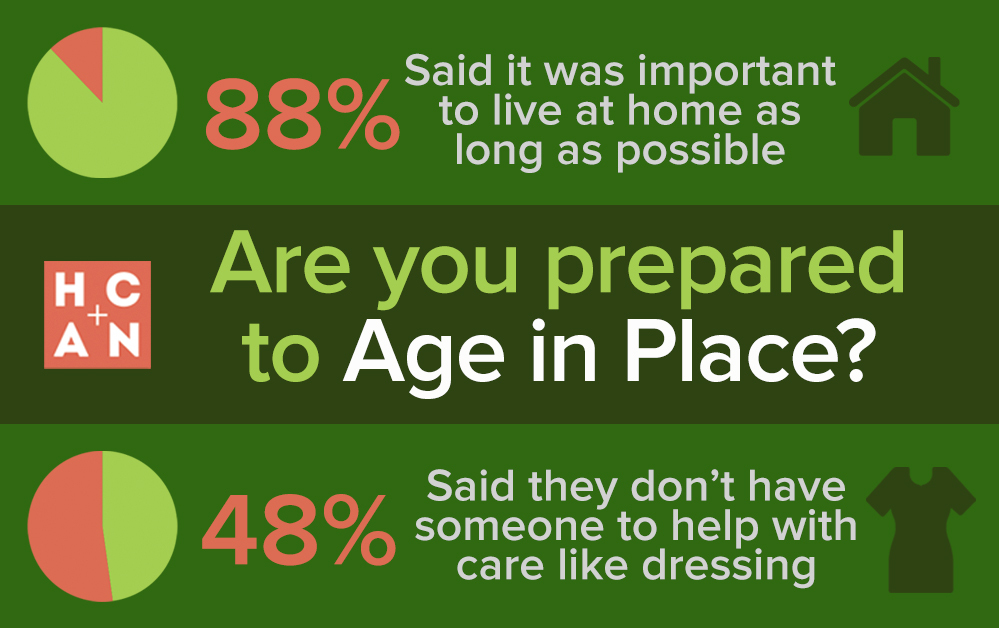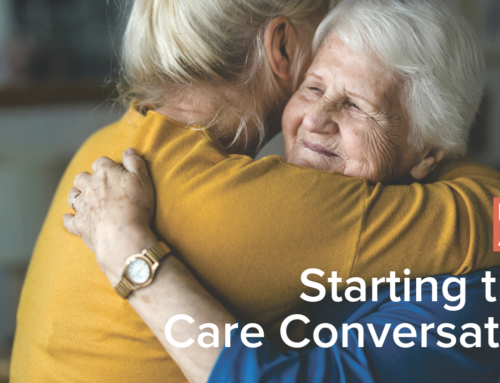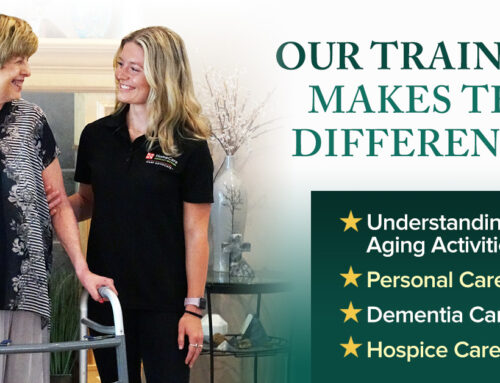Are You Prepared to Age in Place?
If you’re like most people, you want to remain in your home as you get older… but according to a new poll, you probably aren’t fully prepared to age in place.
New findings University of Michigan National Poll on Healthy Aging suggest many people in their 50’s, 60’s and 70’s need to do more to modify their homes or plan for services they many need if they want to avoid or delay a move.
“We know that an overwhelming majority of seniors want to remain in their own homes for as long as possible,” said Teresa Steinfatt, vice president of business performance at the HomeCare Advocacy Network (HCAN). “Unfortunately, all too often we find that seniors and their families haven’t considered some of the challenges they’ll face, such as potential home hazards or the risk of isolation.”
The study also found that:
- 88% of people between the ages of 50 and 80 said it was very or somewhat important that they live in their homes for as long as possible. However, only 15% said they’ve given a lot of consideration to how their home may need to be modified as they age and 47% have given it little or no thought.
- 32% said they had grab bars in the bathroom, but only 7% had a barrier free shower.
- 9% said it was difficult to use the main rooms in their home because of clutter or too many possessions.
- 48% of those who live alone said they don’t have someone in their lives who could help them with personal care, such as bathing and dressing.
The most common features older adults want in a home are main floor bedrooms and bathrooms, wider door frames to accommodate wheelchairs, grab bars and raised toilet seats.
“Its important for families to assess every room in the home – looking for potential hazards or ways to make them more senior-friendly,” Steinfatt said. “However, home modifications alone may not be enough – particularly for seniors who live alone. They may eventually need a little help with everyday tasks like grocery shopping, meal preparation, housekeeping and personal care.”
HCAN caregivers are trained to provide everything from companionship to personal and Alzheimer’s care. Because every senior is unique, we work with families to develop a customized care plans to meet their specific needs.
“Families members can’t always be there to help, but we can be,” Steinfatt said. “Whether it’s a couple of hours a week or 24/7, our caregivers provide the services needed to help seniors age safely in their homes – because that’s where they really want to be.”
For more information about HCAN services, visit hcanthrive.com or call your local HCAN supported office.






